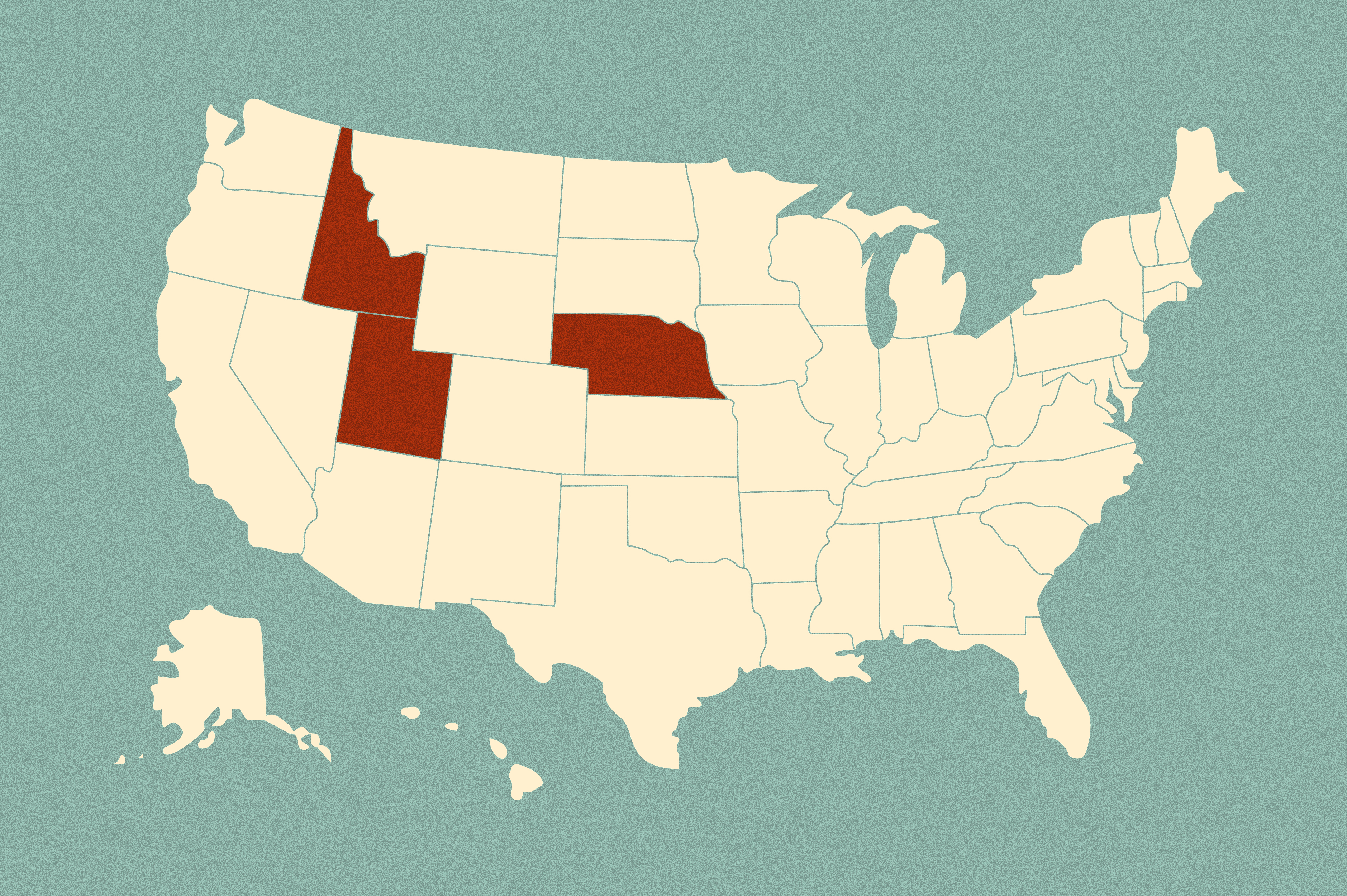

State budgets should be reevaluated if Americans want affordable healthcare
Despite efforts on behalf of Republicans to do away with the Affordable Care Act, 37 states have voted to expand Medicaid. These include Idaho, Nebraska and Utah, which voted in the midterm elections to adopt Medicaid expansion. While Medicaid expansion has afforded benefits in multiple areas, the program runs the risk of exceeding state budgets as they search for the funds to pay their part of the bill — this is best exemplified by Montana, which voted on Tuesday to allow Medicaid expansion to expire in July 2019.
Montana has enjoyed the benefits of Medicaid expansion ever since it adopted the program in 2015. Since then, some 120,000 low-income Montanans have gained healthcare coverage, but it has come at a cost to the state’s budget. According to the Foundation for Government Accountability, Montana’s expansion has exceeded the budget by 70 percent. To account for this, legislators proposed a tobacco tax that appeared on the midterm ballot, which would have added $2 to the cost of cigarettes. Had Medicaid expansion been allowed to continue, the tobacco tax likely wouldn’t have alleviated the state’s problem in the long term, due to the national decline of cigarette use as well as a likely decline in Montanans’ cigarette use post-tobacco tax.
Slapping on taxes to account for healthcare budgets could also dampen economic activity and hurt the wallets of those the tax is intended to assist. Relying on taxes won’t be enough and may simply prove altogether ineffective. Time will only tell for states like Utah, which recently passed a proposal to raise the sales tax from 4.7 percent to 4.85 percent to fund part of its Medicaid expansion costs.
The primary issue emerging from expansion is cost overruns that are a result of enrollment and payment rates that go beyond initial projections. While many states have blown their budget, they haven’t yet felt the weight of debt since the federal government covers 90 percent of the cost for new beneficiaries.
That being said, the federal government will gradually reduce its subsidy over time, and states will be expected to cover a larger portion of the cost. If Republicans get their way, each state’s portion of the burden to fund Medicaid expansion will increase quickly. The GOP has repeatedly asserted its intent to equalize the funding formula, planning to make states cover 30 to 50 percent of the expansion budget.
Improper payments are also prevalent: in 2016, independent audits of Medicaid in Arizona, Florida, Michigan and New Jersey unearthed 50 dead people who recouped at least $9 million in benefits after they died; 47 providers who registered foreign addresses as their service location; and $448 million apportioned to 199,000 beneficiaries with fake Social Security numbers.
Because the federal government has given states a cushion to exceed their budgets by paying 90 percent of the tab, states have exceeded enrollment and created high payment rates. Funding Medicaid isn’t cheap, and states won’t be able to rely on the federal government forever — which, over time, will transform the likelihood of fiscal crises into a reality.
The fatal flaw of Medicaid expansion under this context comes down to a lack of funding. Currently, President Donald Trump is set to run an annual budget deficit that will reach, and very likely exceed, $1 trillion. Combined with pouring $716 billion into the U.S. military for the 2019 fiscal year, this leaves little room to fund things like education, infrastructure, and healthcare. And while proper maintenance of national security is in the best interest of all Americans, we cannot justify the amount currently being spent.
In spite of Republican efforts to eradicate the Affordable Care Act, it remains the law of the land. The adoption of Medicaid expansion by 37 states proves that American support for affordable healthcare is tangible.
Medicaid expansion isn’t a bad idea, but it’s been executed poorly. To ensure healthcare coverage for all, our budget priorities must be seriously reevaluated.
Written by: Hanadi Jordan — hajordan@ucdavis.edu
Disclaimer: The views and opinions expressed by individual columnists belong to the columnists alone and do not necessarily indicate the views and opinions held by The California Aggie.



